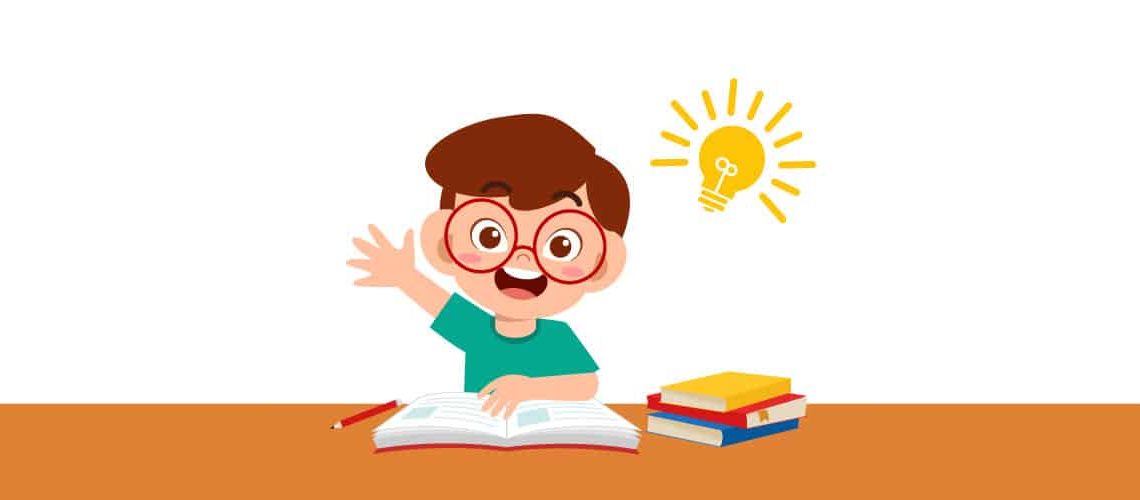
The importance of Encouragement
The role of a teacher in the learning process and the significance of encouraging.
Encouragement plays a crucial role in the relationship between a teacher and their students. As we all know, a teacher plays an important part in learning. So, where should I start? At the e beginning, of course! 😊
When meeting a potential student for the first time, creating a comfortable and welcoming environment is essential. Many students may feel frustrated with their academic challenges and poor levels, but knowing they are not alone is reassuring. I often compare this to a specialist's clinic, where patients may share similar issues but may not openly discuss them. As educators, our role is to make our students feel at ease and encourage them to share their struggles so we can better assist them.
It's crucial to make time for listening to our students' feelings and self-evaluations, both positive and negative. Understanding how they perceive themselves is essential to me. Then, we should objectively assess their level, evaluate difficulties and needs, and identify frustration levels. At the end of the meeting, we should provide a roadmap for the way forward. Just like patients, students want to know where they're headed. Create a map of available options and provide insights and recommendations. Tag each option with a price and duration. It's essential to communicate how long it will take to reach milestones and how much time the student needs to invest. Time is valuable, and students must feel confident and engaged. Let's discuss all openly and transparently.
If you have read our article on Logic-Based Learning, you'll understand the importance of clear and sensible processes to engage students. A logical approach should be implemented from the start. All this leads to trust.
As an educator, I often encourage students to fully engage in learning by letting go of defense mechanisms and being open to their teacher's guidance. However, I have noticed that individuals with learning differences may exhibit stubbornness and argumentativeness. While I don't have academic evidence to support this observation, it is a common trend in my experience. As teachers, we aim to reduce these tendencies in students to create a more conducive learning environment. Students can become more receptive to new information and the learning process by avoiding arguments and conflicts. Our job is to provide a safe and confident learning space, clarify our teaching plan, and approach students with sincerity, modesty, and kindness.
During our first encounter, I strive to provide a brief and concise piece of information that the individual may not have been aware of before. This approach helps me establish trust and credibility quickly by showing that this interaction is unique and valuable. This time, the methodology will differ and offer the right solutions for the problem and need.
The process we are embarking on together belongs to both of us. I need to earn the student's trust and confidence to move forward successfully. I strive to involve the students to the point where they feel a personal investment in its outcome. This creates a sense of accountability, making failure uncomfortable for the student.
Encouragement is significant throughout the learning process for several reasons. To begin with, if students lack self-confidence, they may struggle even to begin the journey. If they do start, they may feel like they are doing the work solely for someone else's benefit and not their own.
Furthermore, students may sometimes feel like they are failing, regardless of their approach. Encouragement can have a Pavlovian effect, where positive feedback from the teacher can inspire continued progress.
As the student progresses, encouragement becomes essential in building their confidence and increasing their chances of success.
We know that positivity breeds more positivity, while negativity breeds negativity. Therefore, it is crucial to ensure that the learning experience is positive so that it can lead to other positive experiences.
I have observed an interesting trend among students – their confidence levels can skyrocket to the point where they believe they know more than they do. As a result, they may not adequately prepare for their school tests, which is a mistake. I have learned to caution them that what we cover in our lessons may not align with what is required for their tests, and it is their responsibility to prepare accordingly. While confidence is important, being overconfident is not always beneficial. 😊
As a teacher, my main goal was guiding my students in their learning process while shaping their attitudes towards it. One student in particular left a lasting impression on me. This student was around 50 years old and had dyslexia, making it difficult for him to write in his first language, which was not a Roman language. During our first Zoom meeting, he expressed that he had a limited understanding of the subject and struggled with reading comprehension. After assessing his level, it became evident that he lacked basic knowledge of the subject. It took some time for him to accept this, but eventually, we decided to take a hybrid approach to his learning. While he worked on a digital reading course, we had virtual Zoom sessions 3-4 times weekly. Although he often claimed to have completed a section and was ready to move on, I insisted on hearing him read aloud to assess his progress. Unfortunately, his reading skills were relatively poor. He struggled with recognizing letters, often mistaking them for one another and having difficulty blending sounds. As a result, he became impatient with himself and the learning process. I had to work hard to keep him on track and prevent him from sabotaging his progress.
It has become a routine: during each lesson, he would try to rush through things, and I would insist on taking time to do them correctly. Eventually, he learned that hurrying wouldn't work. He believed that learning meant just reviewing and understanding things without realizing the importance of practising, reading aloud, and hearing himself. He didn't know how to learn effectively, but he was content with his achievements and unaware of his mistakes. He felt confident and happy, able to read signs and car labels, but he didn't realize it wasn't enough. For instance, he once sent me a recording of a fish restaurant sign, correctly reading the owner's name as Ibrahim but misreading the word "fish" as "pish." Despite his difficulties, he was a cheerful student who appreciated my efforts, even though I sometimes had to raise my voice to make him listen. After almost six months, he realized he needed to start the digital course again, this time paying more attention to details. It was a challenge to change his attitude and teach him how to learn effectively, but he sent me a thank you note after each lesson, acknowledging my hard work and his difficulties.
As a teacher, you are responsible for doing what suits your students. It would be best not to give in because they might fail again.
As a teacher, you must prioritize what is best for your students. Do not compromise on this just because they may not perform well again.
Let's focus on providing positive reinforcement for success instead of encouraging failures by saying, "Next time will be better." To ensure success, we should create a secure environment for students by giving them small assignments with clear instructions and providing reasons for positive feedback. We are responsible for assigning feasible tasks that match the student's ability level and ensuring they are doable.
In any relationship, mutual respect is essential. As I see it, the role of a teacher is that of a trainer and coach, requiring teaching skills, psychology, kindness, and a great deal of respect.
There should be no condescending behavior between teachers and students. Both parties are equally intelligent and capable, the only difference being the teacher's more excellent knowledge of English. The teacher should build a relationship with the student over time, fostering a receptive attitude towards learning and an appreciation for the process. This will result in a positive change in the student's attitude and academic achievement.
